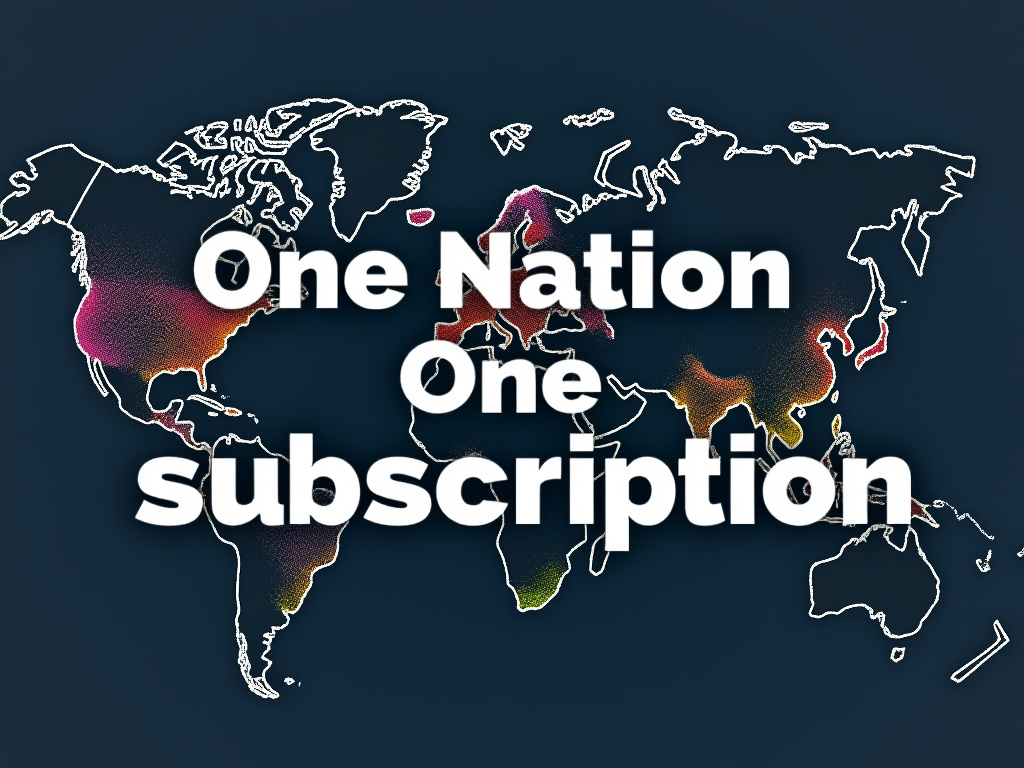One Nation One Subscription: Revolutionizing Access to Academic Journals in India

Introduction
In a landmark decision aimed at transforming the academic landscape of India, the Union Cabinet, led by Prime Minister Narendra Modi, has approved the "One Nation One Subscription" (ONOS) scheme. This initiative marks a significant step towards democratizing academic resources by providing nationwide access to high-impact scholarly research articles and journal publications. Here's an in-depth look at what this scheme entails, its implications, and the broader vision it supports.
What is One Nation One Subscription?
The ONOS scheme is designed to provide seamless access to an extensive library of academic journals for all government higher education institutions and research and development (R&D) laboratories across India. This initiative consolidates the fragmented subscription systems into one national subscription platform, coordinated by the Information and Library Network (INFLIBNET), an autonomous inter-university center under the University Grants Commission (UGC). With an allocation of ₹6,000 crore for three years (2025-2027), ONOS aims to level the playing field for educational institutions, particularly those in less urbanized areas, by ensuring they have access to the same quality resources as their counterparts in major cities .
Key Features
Centralized Access: Over 13,000 e-journals from 30 major international publishers are now accessible through a single digital portal, simplifying the process for institutions and reducing the administrative burden of individual subscriptions .
- Beneficiaries: The scheme benefits approximately 1.8 crore students, faculty, and researchers from over 6,300 institutions, including universities, colleges, and research bodies managed by both central and state governments .
- Cost Efficiency: By negotiating a single subscription rate with publishers, the government aims to reduce the overall expenditure on journal subscriptions, which previously was around ₹1,500 crore annually for various institutions .
- Promotion of Research: ONOS is expected to foster a culture of research and innovation by removing financial barriers to accessing current, high-quality research materials .
The Implementation Process
The scheme operates through a unified portal managed by the Department of Higher Education. Institutions can access journals via this portal, which will be user-friendly and entirely digital. The initiative includes awareness campaigns to maximize usage, with state governments also encouraged to promote the scheme at their level .
Potential Impact and Challenges
- Enhanced Research Capabilities: By providing equitable access to quality journals, ONOS could significantly enhance the research output quality and quantity from India, aligning with the National Education Policy (NEP) 2020's emphasis on research .
- Interdisciplinary Studies: The availability of a broad spectrum of journals encourages interdisciplinary research, potentially leading to innovative solutions to various challenges .
- Challenges:
- Usage Maximization: Ensuring that all potential beneficiaries actually utilize the resources available under ONOS remains a challenge.
- Negotiation with Publishers: Continuous negotiation for favorable terms with international publishers, including Article Processing Charges (APCs), will be crucial for sustainability .
Future Phases
While the first phase focuses on government institutions, future expansions might include private universities and colleges, potentially even extending access to the public, thereby turning ONOS into a national knowledge resource hub .
Conclusion
The One Nation One Subscription initiative is not just about providing access; it's about empowering India's academic community, fostering a research-oriented culture, and contributing to the vision of 'Viksit Bharat @ 2047'. By ensuring that knowledge is not confined by geographical or economic barriers, ONOS could play a pivotal role in India's journey towards becoming a global leader in education and innovation. However, the success of this scheme will largely depend on its execution, the engagement of academic communities, and the adaptability of the policy to meet evolving educational needs.
